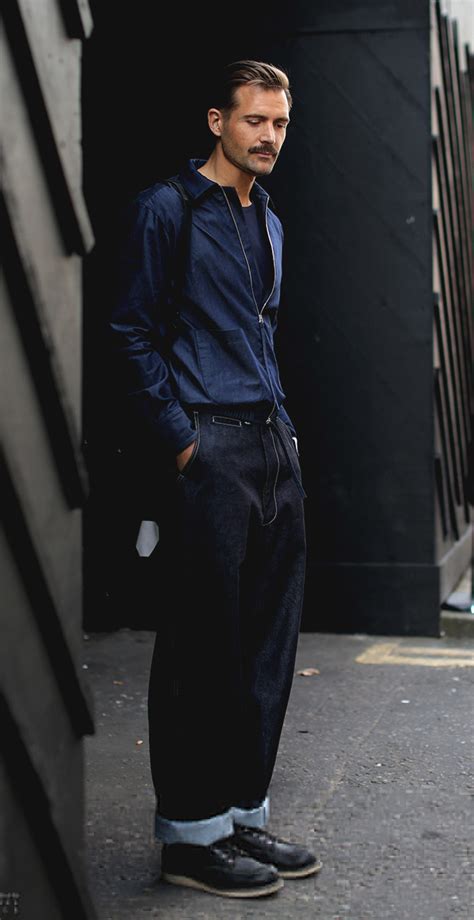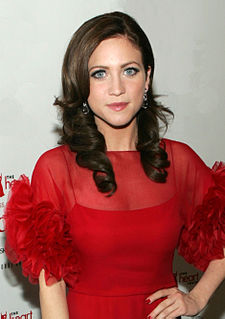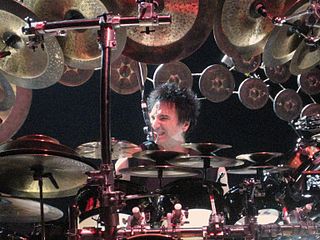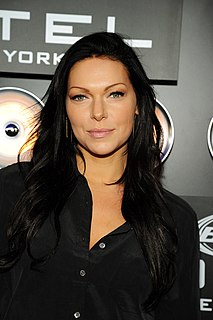A Quote by Marc Forster
I always think it's interesting to switch genres, because if I read a script and I know exactly how to manifest a story, I don't really want to do it anymore, because I've already done it in my head. It becomes less interesting. If I read something that's challenging, I get really passionate and usually fall in love with it, because I feel I need to do it. I need to tell the story; I need to find a way to make it happen.
Related Quotes
On 'Lab Rats,' I read the script probably three or four times before we ever even do a table read because I want to be completely prepared. And I want to know exactly which beats I have to hit and where I need to make something comical. Some lines need a little more than others do just to get the point across, to get the joke to be funny.
I read the script for 'Somnia' when I was filming 'Oculus,' and I remember calling my manager going, 'I really need to do this movie,' and he's like, 'How about you finish this one first and then you see it?' I was like, 'I don't need to. I don't need to. You need to read this. I need to do this movie. The script is very good.'
The mistake many people make when they go to a bespoke tailor is they often think they need to do something special - either an interesting design feature, or a particularly interesting or unique-looking cloth. I say do the opposite. Stick to something really simple, because this will be a suit that you will really want to wear, so start with something very straightforward and you will get an enormous amount of joy wearing it.
It's hard to tell if anyone's interested in reading a serialized story. But it's interesting to put in a cliffhanger each week. That was popular in old comic strips. They'd write a weekend story different from the daily strip. So people follow one story day to day, and a separate story on weekends. If you read them, you think "I'll read two more." Then you're like "I gotta find out!" And you read 500 more.
I think Memento movie was hard because people didn't get it, they just didn't understand it. Not from the stage when we read the script and liked it. It's sort of a famous story now how we finished the movie and showed it to distributors and nobody wanted it. So it wasn't just they didn't get the script, they really didn't even understand the movie when it was done. But I think that was a particularly hard one. I don't think it was harder because we were girls, but I do think obviously there are particular challenges to working in a male-dominated industry.
Vera said: 'Why do you feel you have to turn everything into a story?' So I told her why: Because if I tell the story, I control the version. Because if I tell the story, I can make you laugh, and I would rather have you laugh at me than feel sorry for me. Because if I tell the story, it doesn't hurt as much. Because if I tell the story, I can get on with it.
I don't read reviews, and it's not because I don't think I can learn something, I'm sure I could learn a lot. I just that I feel very passionately about the work and especially when you're doing theater, you really only need one director and when you read reviews, you feel like you have twelve, because you respond to them, naturally.
I really think kids should understand that music is like learning the alphabet. You put small letters together to make words, and then you use these words to create a story, but with music. And they really need to know how to mix and match those letters and how to come up with something that is really interesting, or speak in metaphors as poets do to show us something maybe we didn't think about.
I didn't want to teach my kid how to read, so I used to read to him at night and close the book at the most interesting part. He said, “What happened then, daddy?” I said, “If you learn to read, you can find out. I'm too tired to read. I'll read to you tomorrow.” So, he had a need to want to learn how to read. Don't teach children how to read. Don't teach them mathematics. Give them a reason to want it. In school, they're working ass-backwards.
You don't fall in love because you fall in love; you fall in love because of the need, desperate, to fall in love. when you feel that need, you have to watch your step: like having drunk a philter, the kind that makes you fall in love with the first thing you meet. It could be a duck-billed platypus.
To make a long story short, I auditioned for the role of Piper because I read the pilots every year and this show was head-and-shoulders above any pilot I've read in awhile. It was amazing. So, I read for Piper and I knew that I wasn't really right for it, but I loved it so much that I wanted to read for it.





































